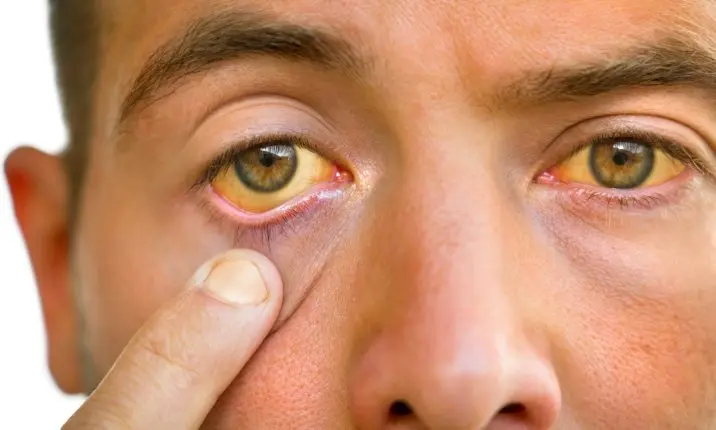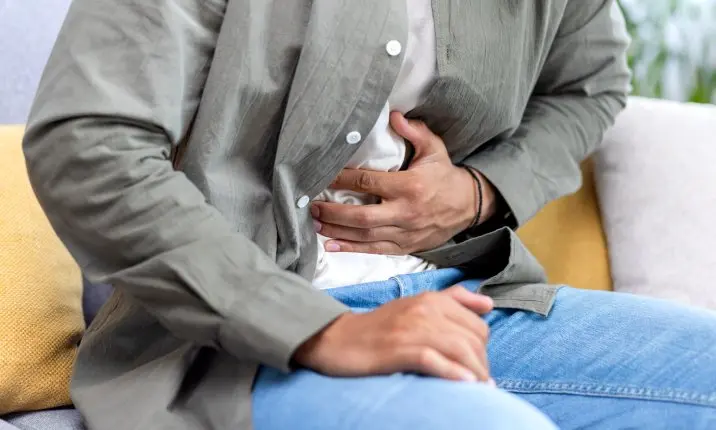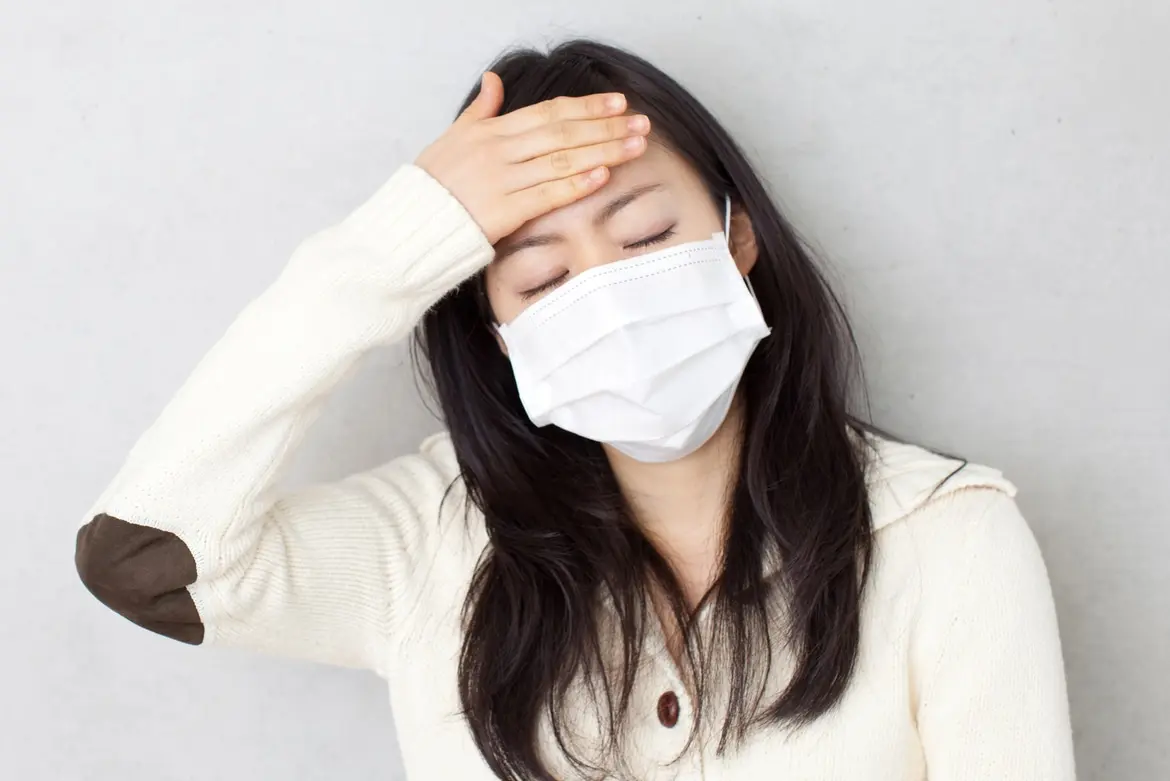When it comes to planning for our trips, many of us do make some attempt — usually in relation to where to go or what to do to at our destination. But even the most well-prepared amongst us may forget this important step before jet-setting: getting vaccinated.
Dr Edwin Chng discusses the recommended vaccinations to take before travelling to these popular destinations, why you need it, and how long before travelling you should schedule them so you’re well protected on holiday.
Influenza
Influenza, commonly known as the flu, is a highly contagious respiratory illness that spreads airborne when an infected person sneezes or coughs, or through contact with the hands of someone infected.
Influenza happens in countries all over the world. In temperate climates, influenza tends to peak in winter months, while in tropical climates, influenza tends to spread throughout the year.
Symptoms include fever, cough, runny nose, headache and muscle aches — certainly unpleasant symptoms to deal with when you’re on holiday!
Who should get the vaccination?
Travellers to temperate climates during winter months (think Japan or most of Europe) should get vaccinated. Travellers to tropical climates such as to Southeast Asia should also consider vaccination before travelling. Pregnant individuals, those with underlying health conditions or weakened immune systems should also consider getting vaccinated against influenza before their trip.
How many doses are required?
Usually only 1 dose is needed each year.
When should you schedule your vaccination?
At least 2 weeks before you leave for your trip, as it takes around this duration for the vaccination to take effect.
How often should you get the vaccine?
It is recommended that individuals at risk get a flu shot every year, to protect themselves against the constantly ‘updating’ strains of the virus.
Hepatitis A Vaccine
Hepatitis A is a viral infection that is primarily transmitted via the faecal-oral pathway. This means that one may get infected by drinking fluids or eating food that has been contaminated with the faeces of someone who has Hepatitis A. Sexual contact (oral-anal sex) is another mode of transmission.
Hepatitis A is found throughout the world, but is highly endemic in parts of Africa and Asia such as China and India, which ‘approximately accounted for one-third of the global hepatitis A episodes in 2019’.
The symptoms of Hepatitis A include fever, nausea, stomach pain and jaundice.
Who should get the vaccination?
Travellers heading to countries where Hepatitis A is endemic, or to areas within countries where sanitation is poor should consider getting vaccinated to stay protected. People with chronic liver disease should also get vaccinated as they are at risk of aggravating their disease if they were to be infected with Hepatitis A. Males engaging in sex with other males (MSM) are also at a higher risk of getting Hepatitis A and should also consider getting vaccinated.
How many doses are required?
Hepatitis A vaccination typically involves two doses. It may also be given in combination with Hepatitis B vaccine.
When should you schedule your vaccination?
You should schedule your Hepatitis A vaccination at least 2 to 4 weeks before you leave for your trip. For complete, long-term protection, a second dose should follow 6 months after your first dose.
How often should you get the vaccine?
Hepatitis A vaccination provides long-term immunity, potentially lasting for decades, or even a lifetime, so one shot may be sufficient. However, depending on your age, health status, and previous vaccination history, your doctor may recommend a booster Hepatitis A vaccine as part of your pre-travel preparation if you have already been vaccinated against Hepatitis A.
Hepatitis B
Hepatitis B spreads through contact with the blood, semen and other bodily fluids of an infected person. One of the common ways it transmits is through sexual contact, sharing personal items like razors or toothbrushes, or contact with the open sores or the blood of an infected person.
Hepatitis B is more prevalent in some countries in Asia, Africa, South America and the Caribbean. It can cause symptoms like poor appetite and stomach pain, as well as serious complications, including liver cancer, liver failure, and even death.
Who should get this vaccination?
Hepatitis B vaccination is a recommended childhood vaccine in Singapore under the National Childhood Immunisation Schedule (NCIS) and all doses of the vaccines are given by the time the infant turns 6 months old. As an adult, you may or may not need additional doses of Hepatitis B.
If you don’t have evidence of prior vaccination, are planning a long stay in your travel destination, are a man having sex with other men, you would be at greater risk of contracting Hepatitis B. Get your doctor’s advice about whether you should receive the vaccination or a booster dose.
How many doses are required?
Hepatitis B vaccination usually requires a series of 3 doses for optimal protection.
When should you schedule this vaccination?
It is advised to get your 3-dose vaccine 6 months before your trip. However, you may wish to speak to your doctor about accelerated vaccination for Hepatitis B, or combination Hepatitis A and B depending on how quickly you need to leave for your trip.
How often should you get this vaccine?
Most people only need this vaccination once in their lifetime, as the vaccine provides lifelong immunity. However, if you are at higher risk of contracting the disease, you may need more rounds of vaccination.
Japanese Encephalitis
Japanese Encephalitis is a viral infection transmitted through the bite of infected mosquitoes.
It has been identified in countries from Japan in East Asia to Pakistan in South Asia and Australia in the Western Pacific region.
Symptoms of this infection include fever, vomiting and headache.
Who should get this vaccination?
While the risk of Japanese Encephalitis for short-term travellers to urban areas is relatively low, those planning extended stays or engaging in outdoor activities in rural and agricultural regions should consider getting vaccinated.
How many doses are required?
Usually 2 doses are required.
When should you schedule this vaccination?
You should receive your first dose 1 week before you receive your second dose, and receive your second dose 1 week before you leave for your trip.
How often should you get the vaccine?
After receiving 2 doses of the vaccine, you may wish to get a booster vaccine after 11 months if you find you continue to be at risk.
Other routine vaccinations
If you have not already been vaccinated against the following, or do not have evidence that you have, then it is important to be up-to-date on these vaccines to prevent contracting these contagious infections while on your trip.
- Measles, Mumps, and Rubella (MMR)
- Diphtheria, Tetanus and Accellular Pertussis
- Polio
- Rabies
- Typhoid
- Yellow Fever
Being infected with diseases on holiday can lead to a host of symptoms, ranging from moderate to severe, and can seriously put a dampener on your trip. It’s thus important to get vaccinated before your trip and stay hygienic while you’re on it, so you can keep illnesses at bay and fully enjoy your holiday.
Made plans to travel this year? Speak to our Parkway Shenton GPs to find out which vaccines are appropriate for you.
Where can I get vaccinated?
Simply walk into our dedicated vaccination clinic at Esplanade MRT, or call any of our clinics located islandwide to confirm if your preferred vaccine is available.
















